Celebrating Diversity: Exploring the Beauty of Weddings Across Cultures
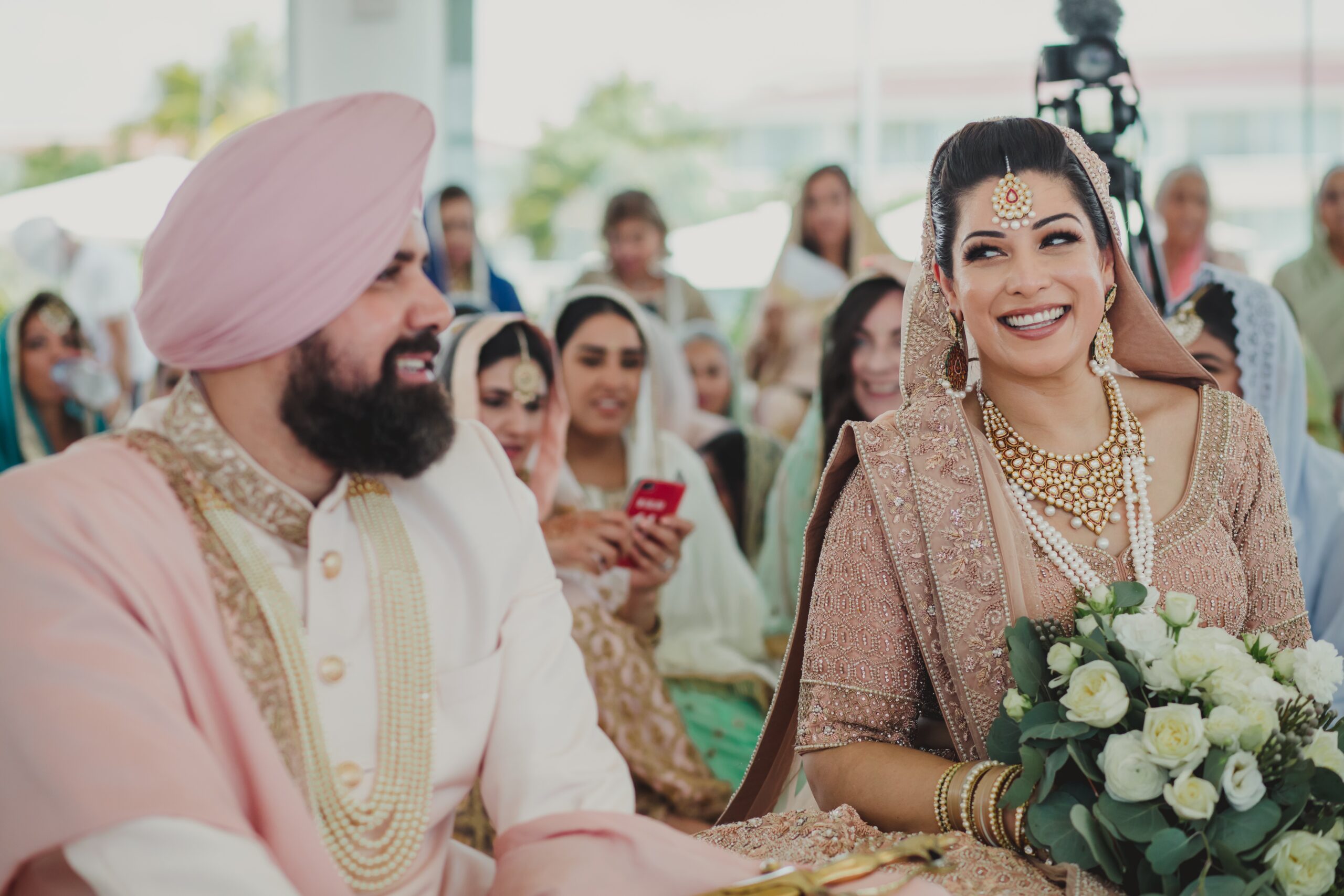
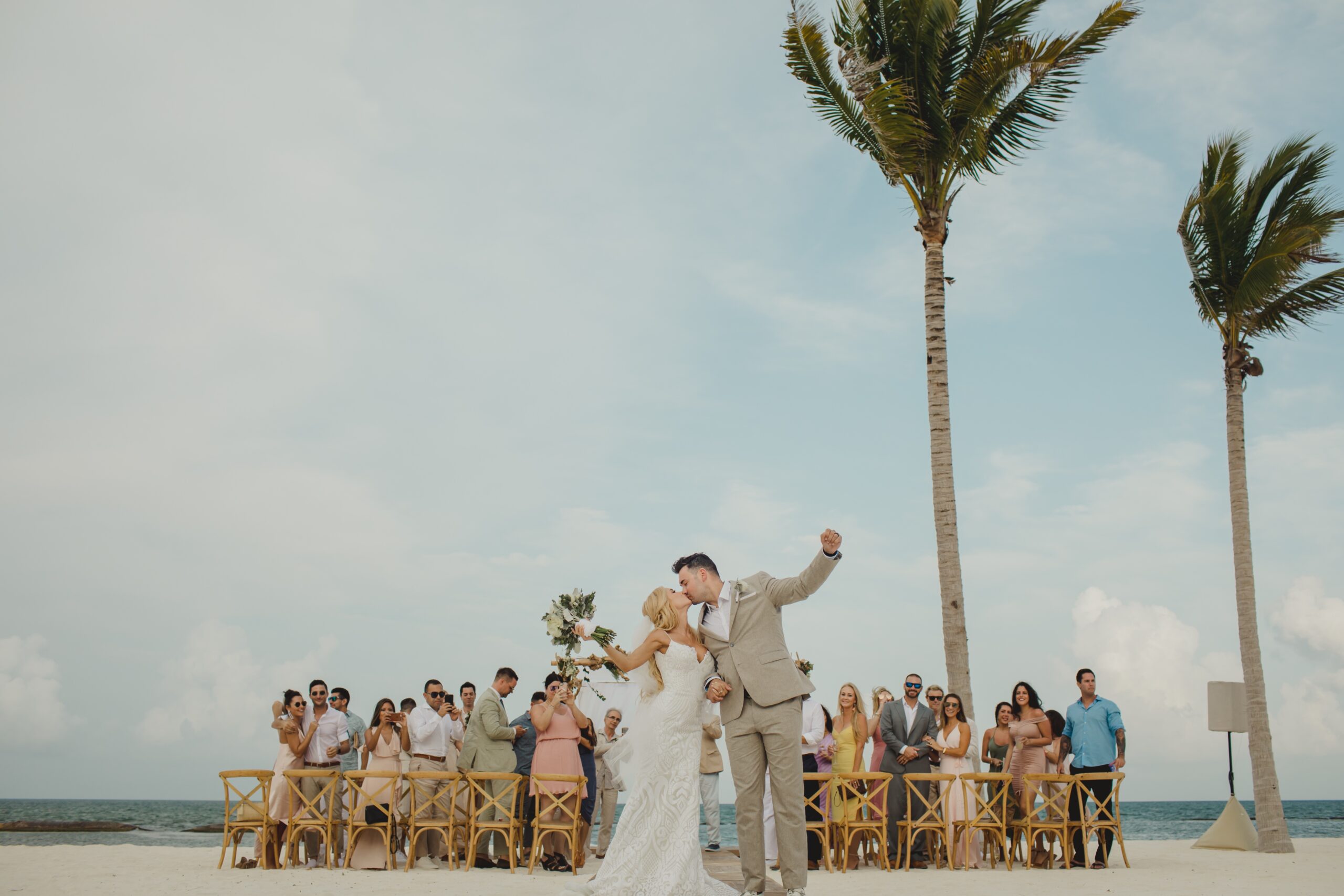

Weddings are universal celebrations of love, unity, and commitment. They not only mark the union of two individuals but also reflect the rich tapestry of cultures, traditions, and beliefs that shape our world. From elaborate Hindu ceremonies to solemn Catholic masses, each wedding bears its unique charm and significance. Let’s embark on a journey to explore the diversity of beauty inherent in weddings across various cultures and religions.
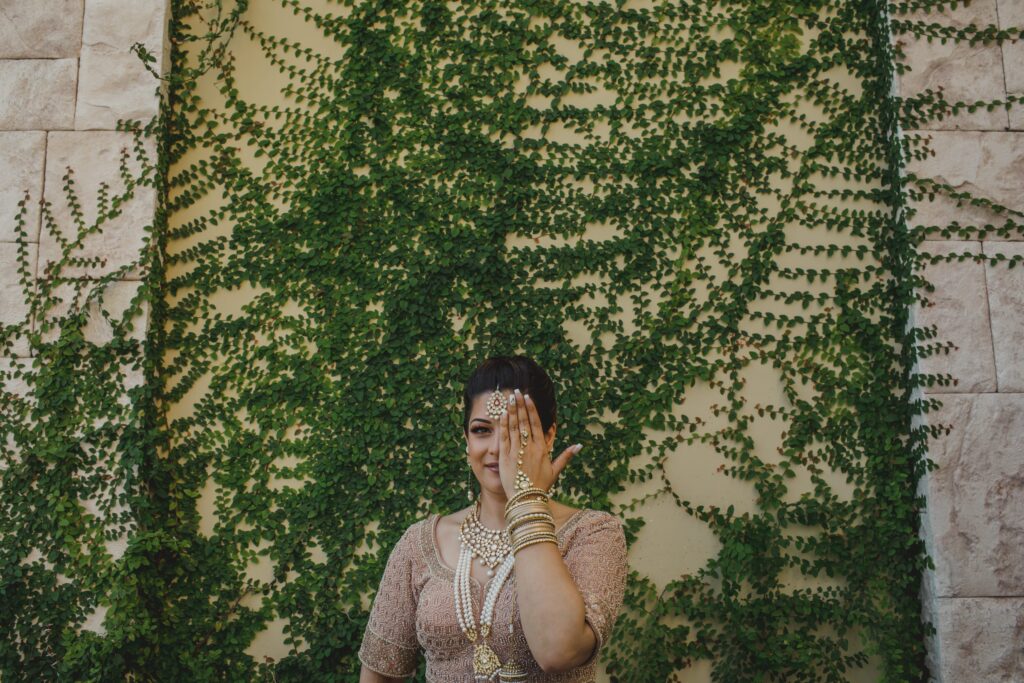
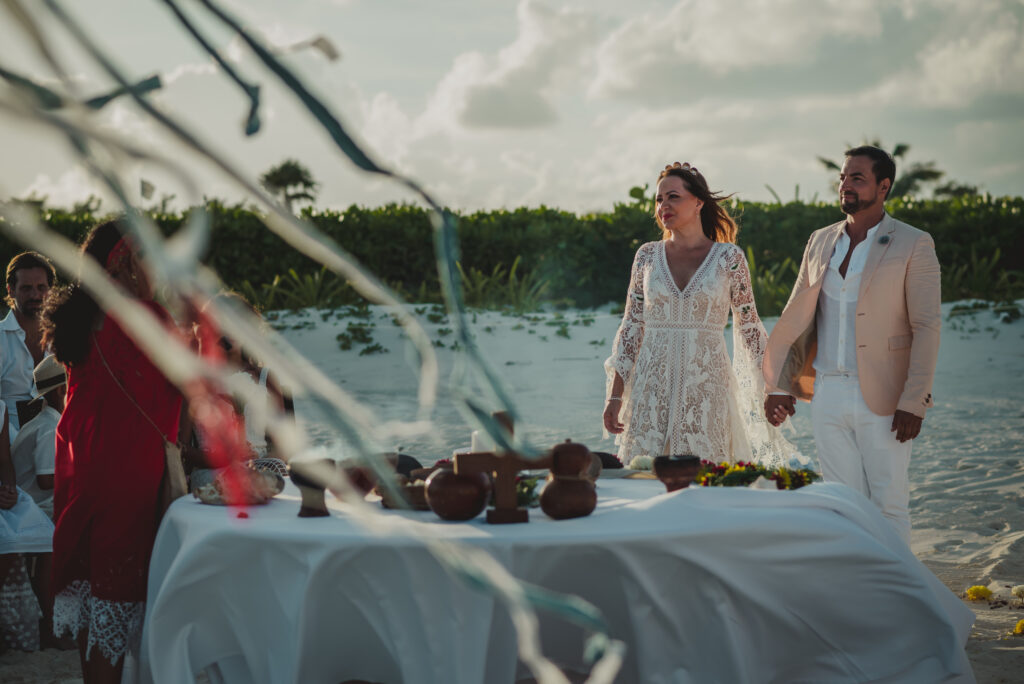
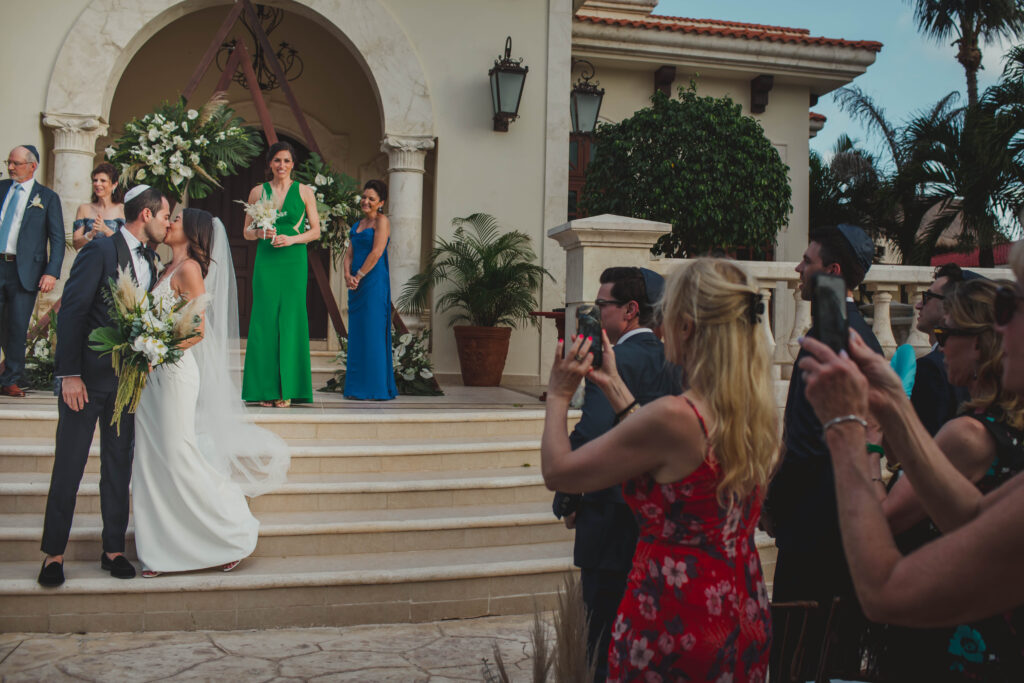
Hindu Wedding: A Colorful Extravaganza
In Hindu culture, weddings are grand affairs marked by vibrant colors, intricate rituals, and festive cheer. One of the most striking features of a Hindu wedding is the vivid display of colors adorning the bride, groom, and the entire venue. From the stunning reds and golds of the bridal attire to the fragrant flowers adorning the venue, every element exudes opulence and tradition.
The ceremony itself is a blend of sacred rituals and symbolic gestures, signifying the union of two souls. From the Saptapadi, where the couple takes seven steps around the sacred fire, to the exchange of garlands symbolizing acceptance and respect, each ritual holds profound meaning in Hindu tradition.
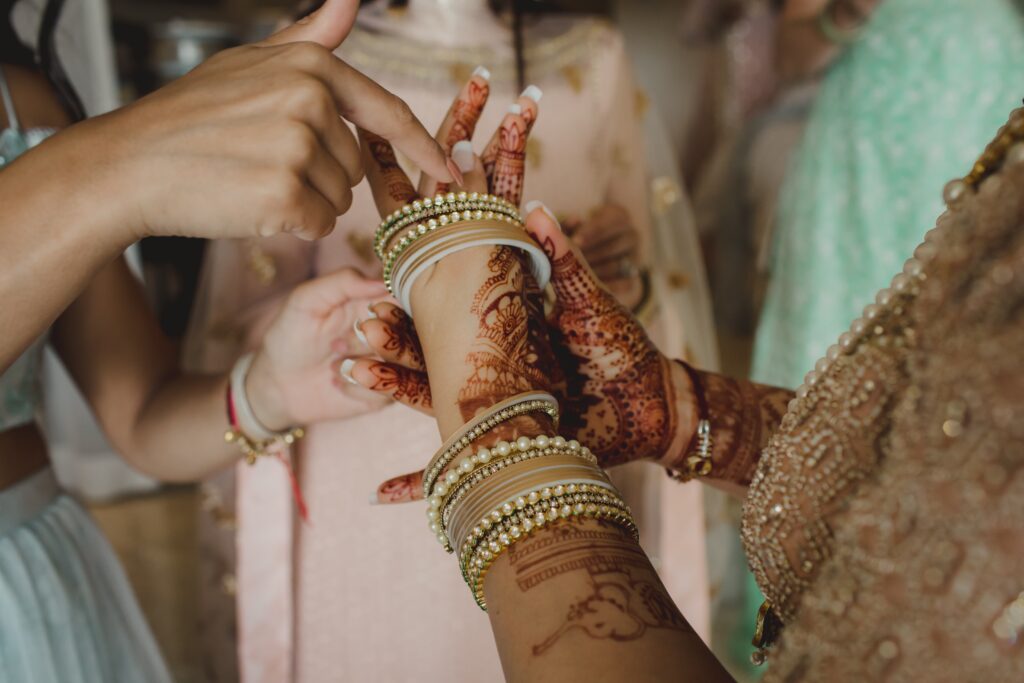

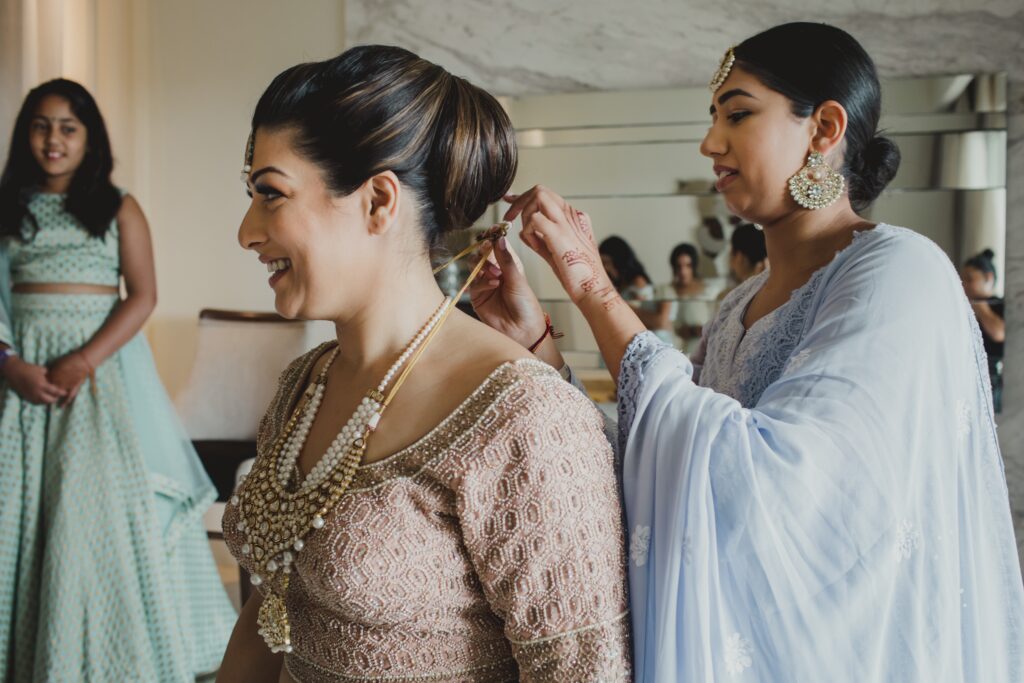


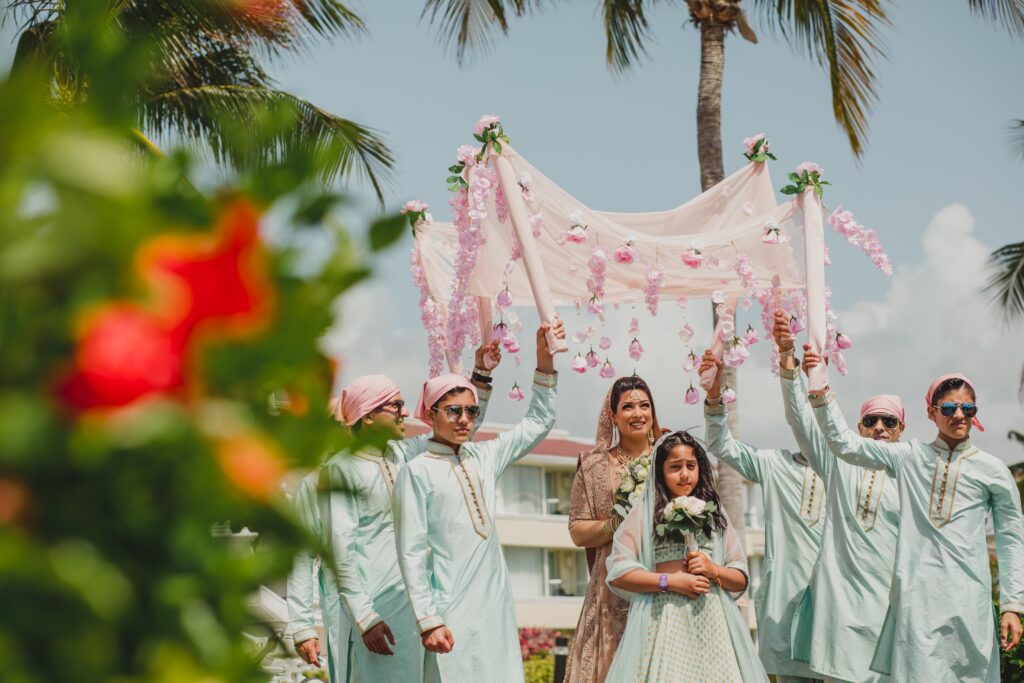
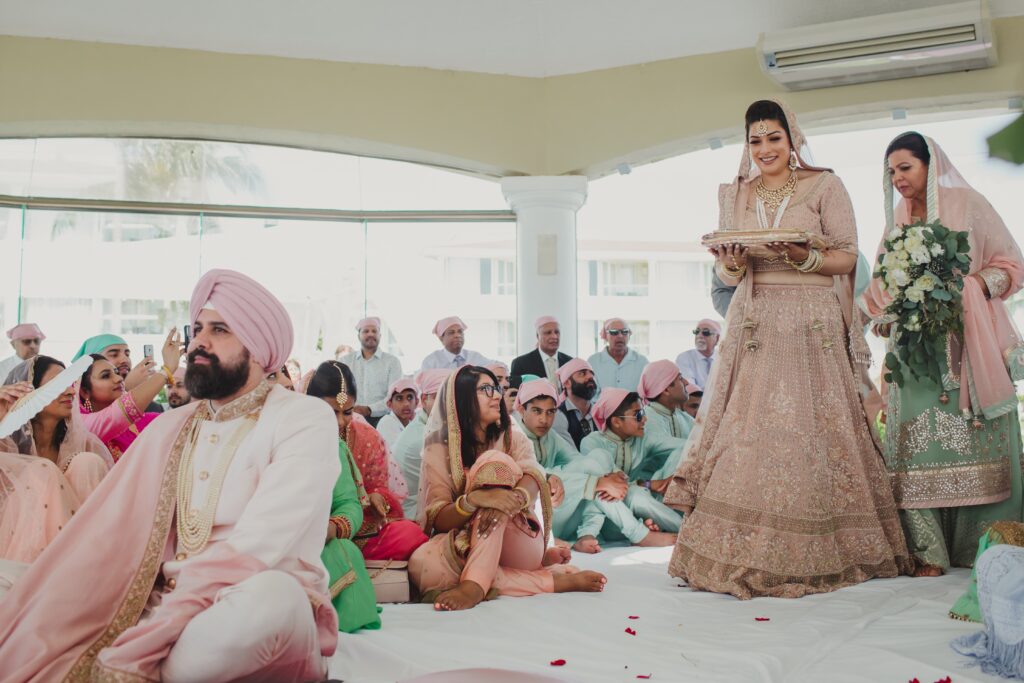
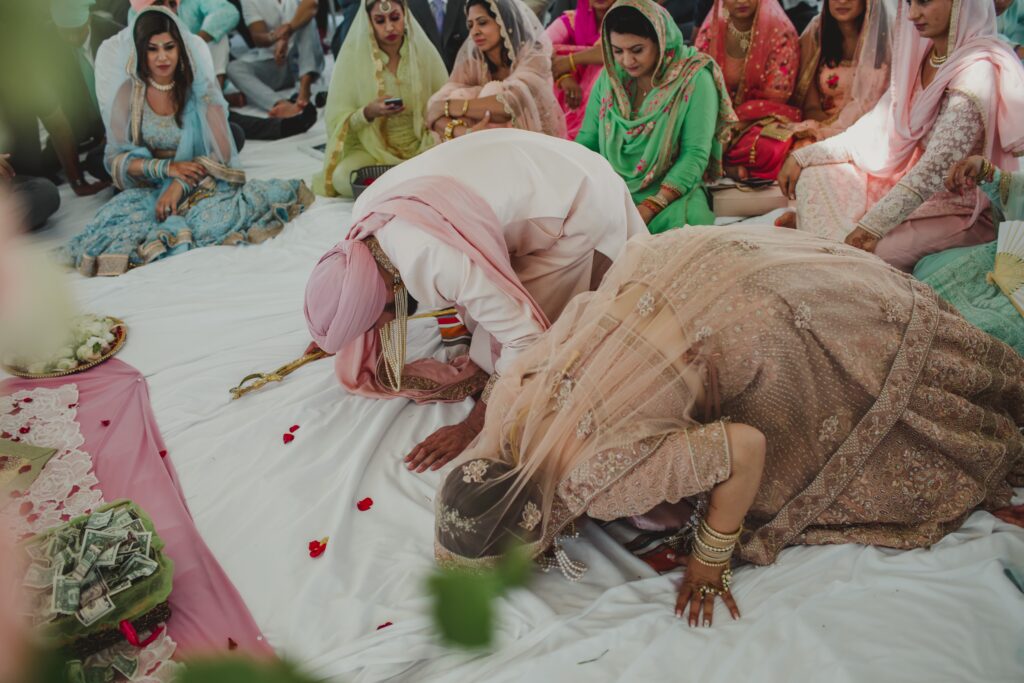
Maya Wedding: Honoring Ancient Traditions
In the heart of the Mayan civilization, weddings are steeped in ancient traditions and spiritual symbolism. These ceremonies often take place in natural settings, surrounded by the beauty of the jungle or overlooking ancient ruins. One of the most iconic elements of a Maya wedding is the sacred ritual of the offering, where the couple presents gifts to the four elements—earth, water, air, and fire—as a symbol of gratitude and harmony.
The exchange of vows is solemnized with blessings from the shaman, who acts as a spiritual guide throughout the ceremony. Music, dance, and intricate Mayan textiles further enrich the celebration, reflecting the vibrant cultural heritage of the indigenous communities.
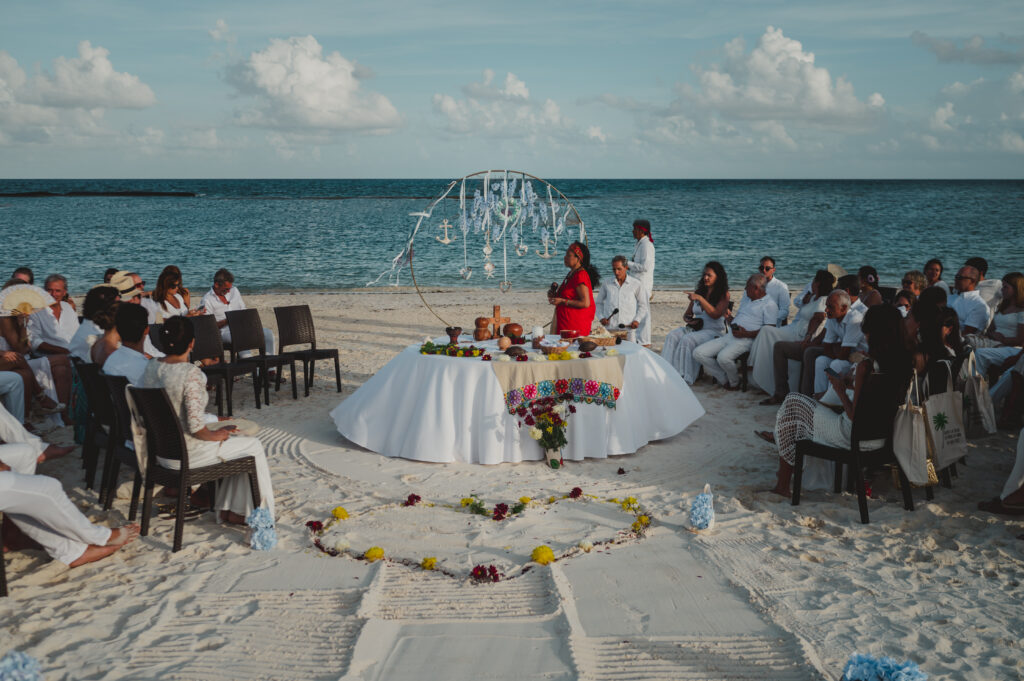

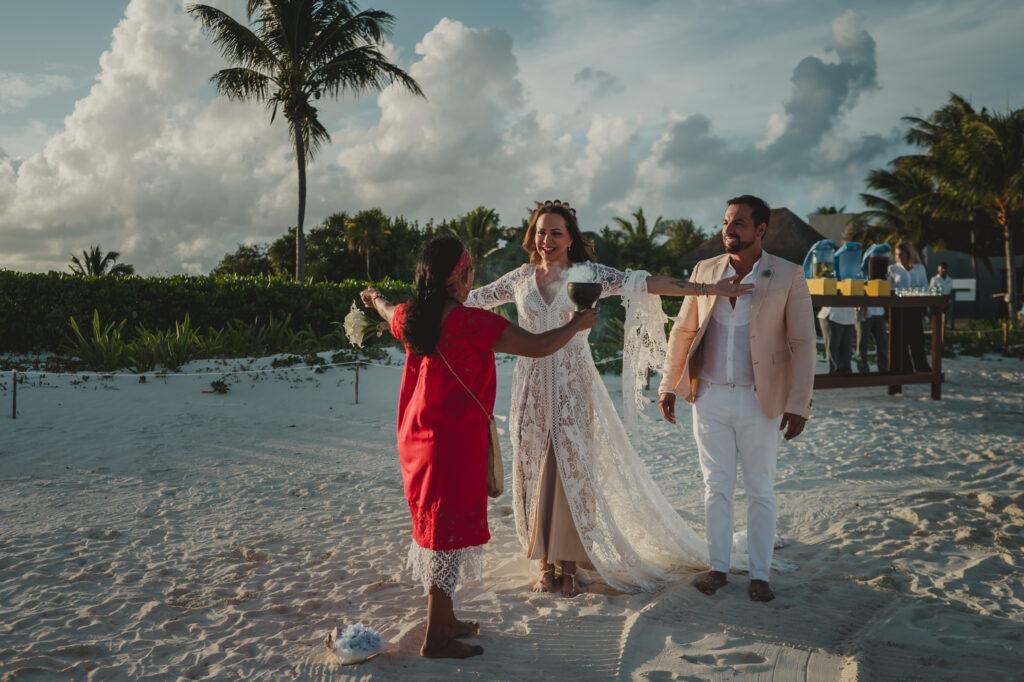
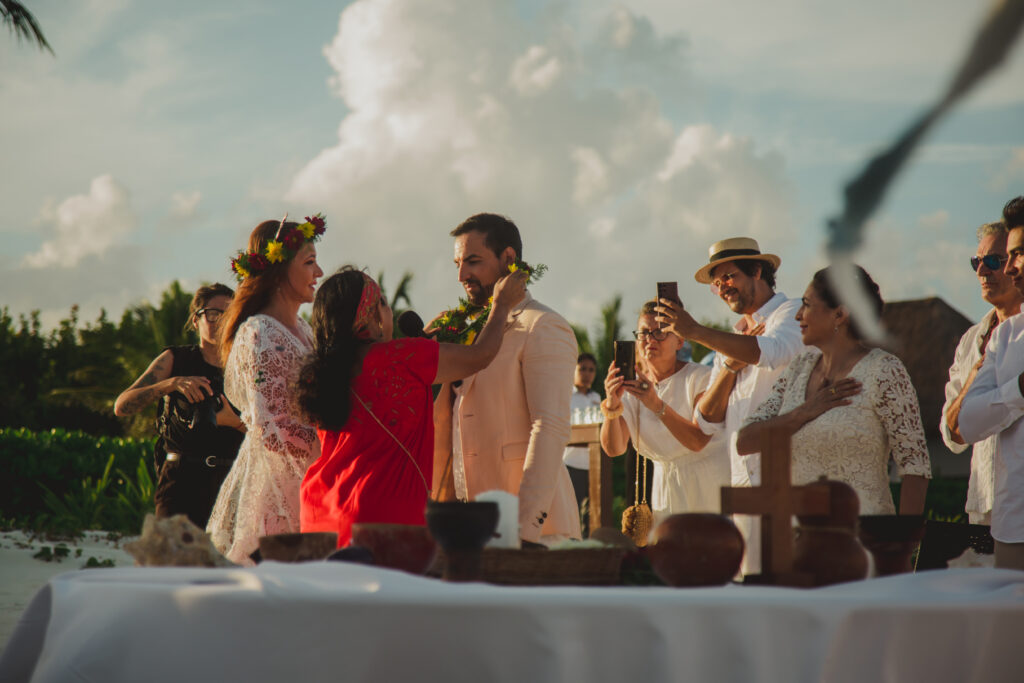
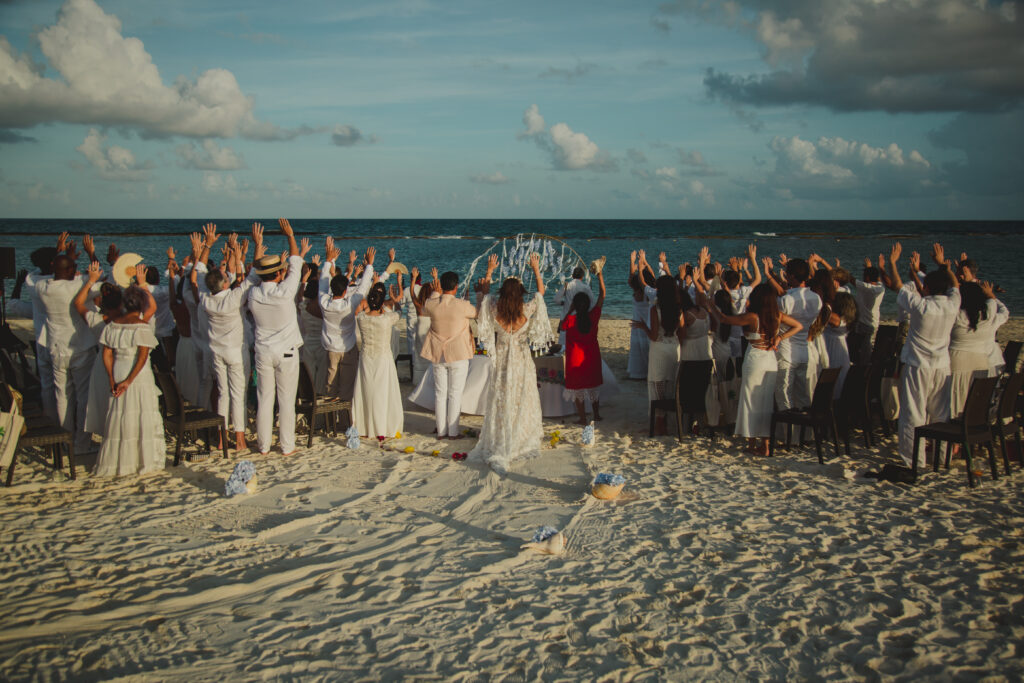
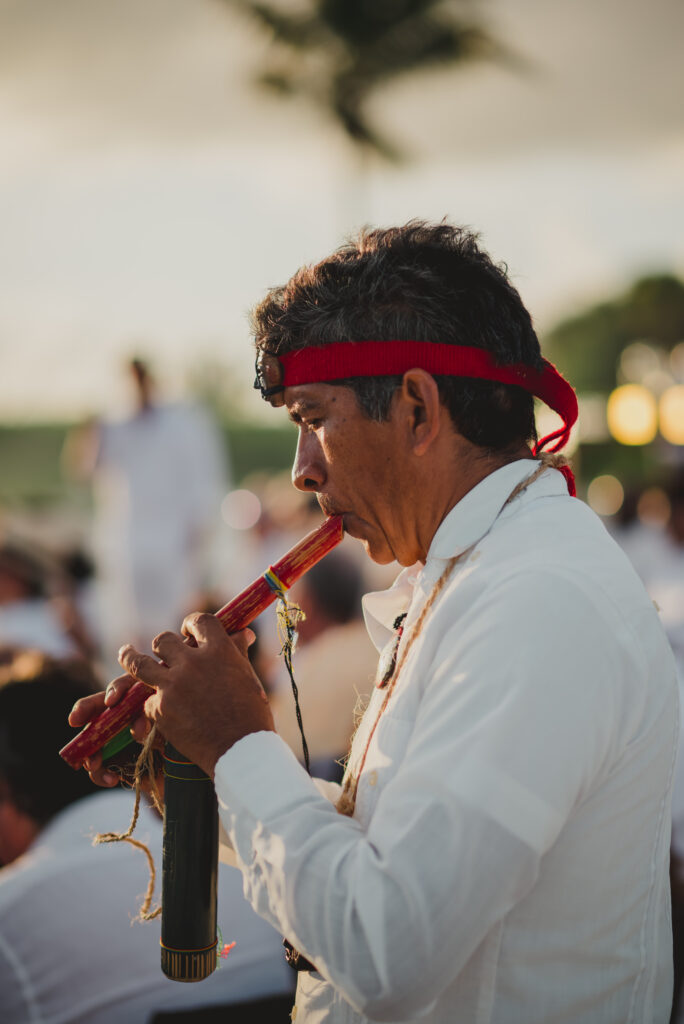
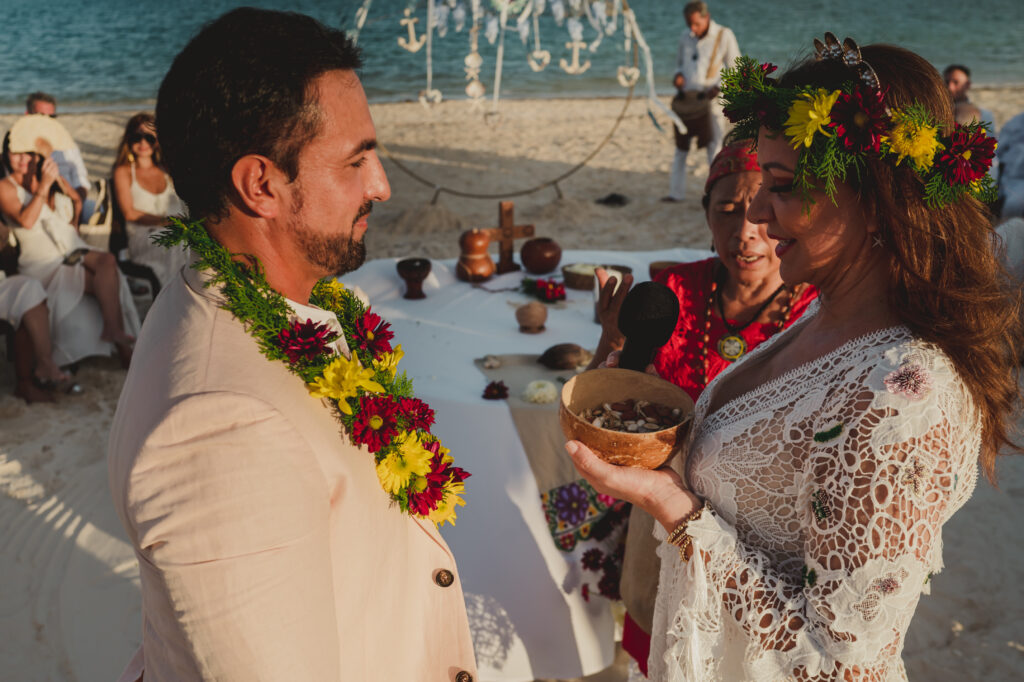
Jewish Wedding: Embracing Tradition and Joy
Jewish weddings are a beautiful blend of tradition, symbolism, and heartfelt joy. From the signing of the Ketubah, the marriage contract, to the breaking of the glass, each ritual carries deep significance in Jewish culture. The Chuppah, a canopy symbolizing the couple’s new home together, serves as the focal point of the ceremony.
Music and dance play a central role in Jewish weddings, with the hora—a lively circle dance—bringing guests together in celebration. The reception is filled with laughter, heartfelt toasts, and sumptuous kosher cuisine, creating an atmosphere of warmth and camaraderie.
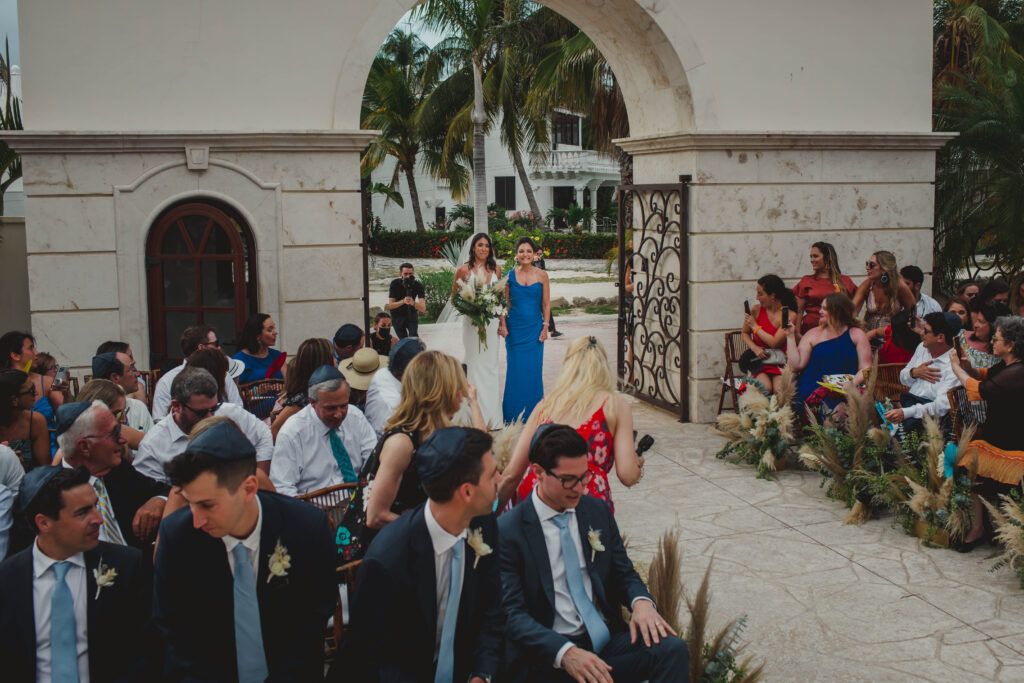
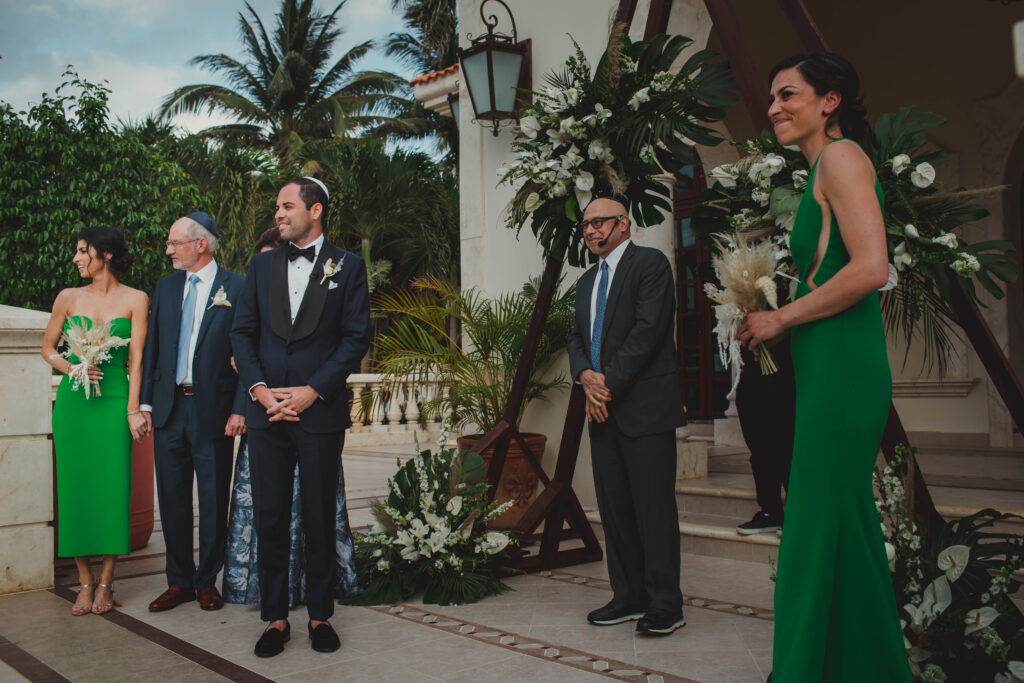
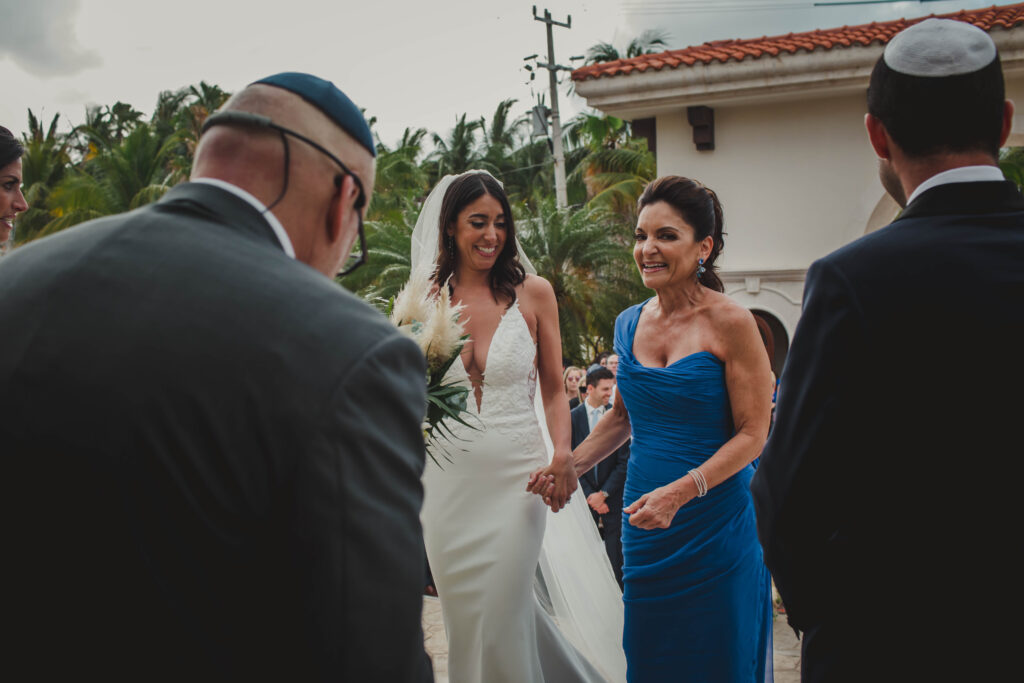
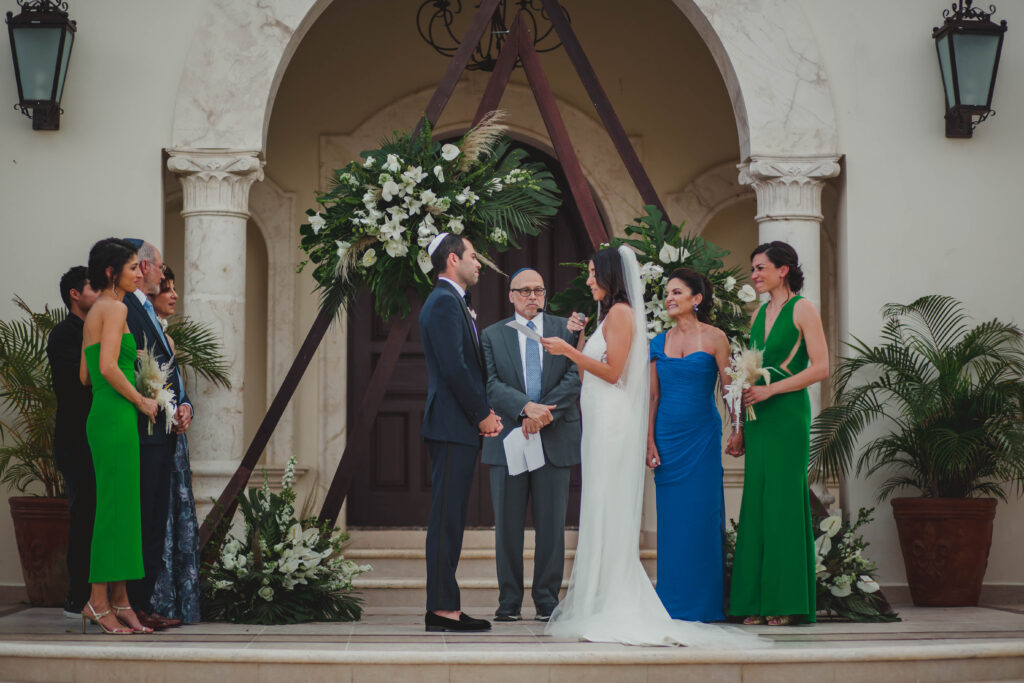
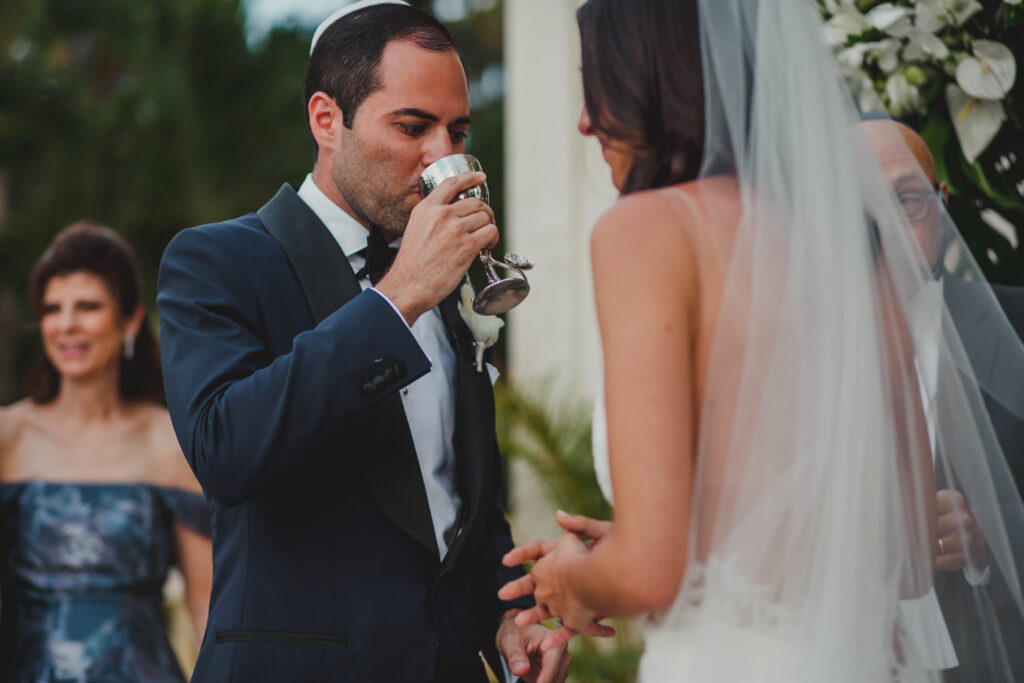
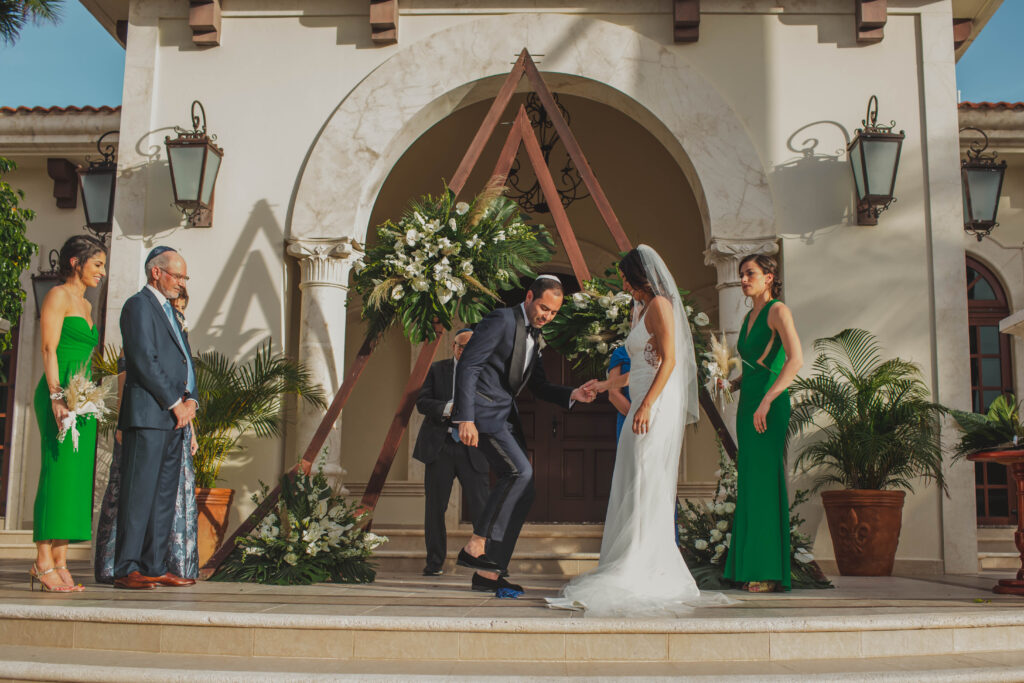
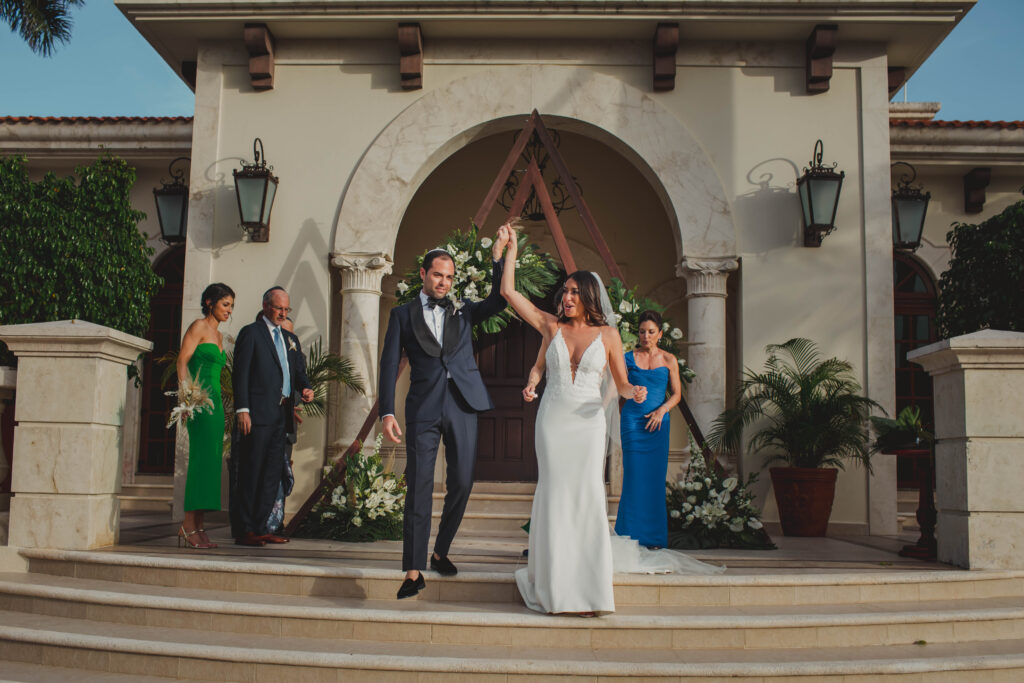
Catholic Wedding: Nuptial Mass and Sacrament of Matrimony
In the Catholic tradition, weddings are viewed as sacraments, sacred rituals that signify the couple’s covenant with God and the community. The Nuptial Mass, a solemn liturgical celebration, is the centerpiece of a Catholic wedding ceremony. The exchange of vows and rings is accompanied by prayers, scripture readings, and blessings from the priest.
The beauty of Catholic weddings lies in their reverence for tradition and spiritual devotion. From the bride’s flowing gown to the intricate stained glass windows of the church, every detail reflects a sense of reverence and awe.
